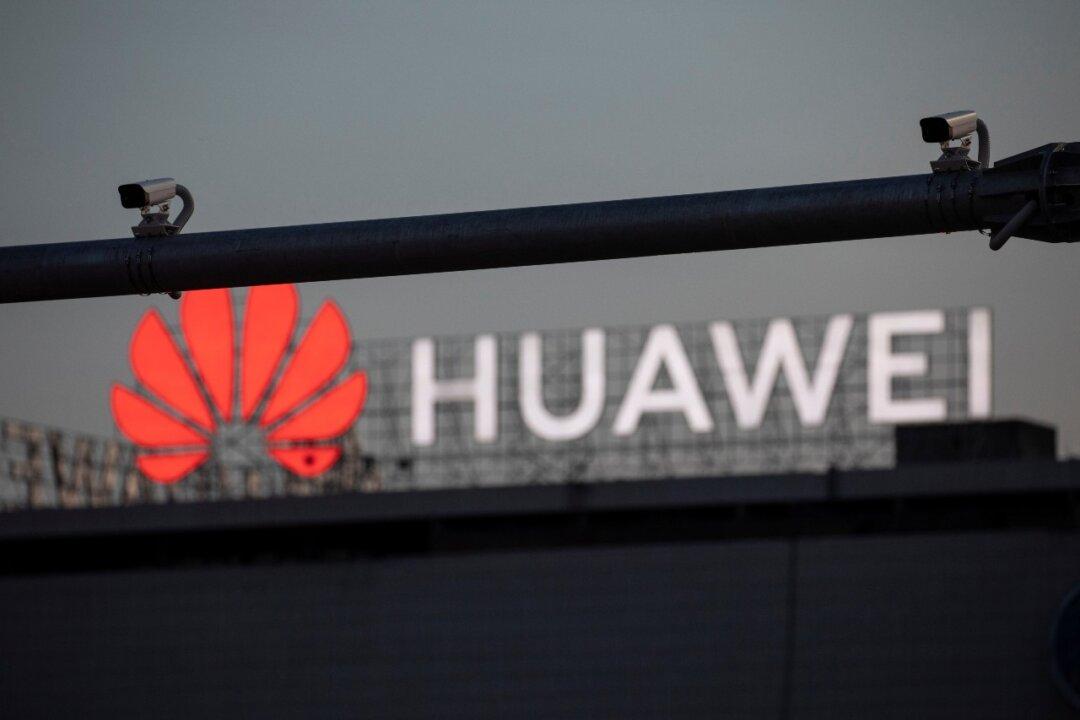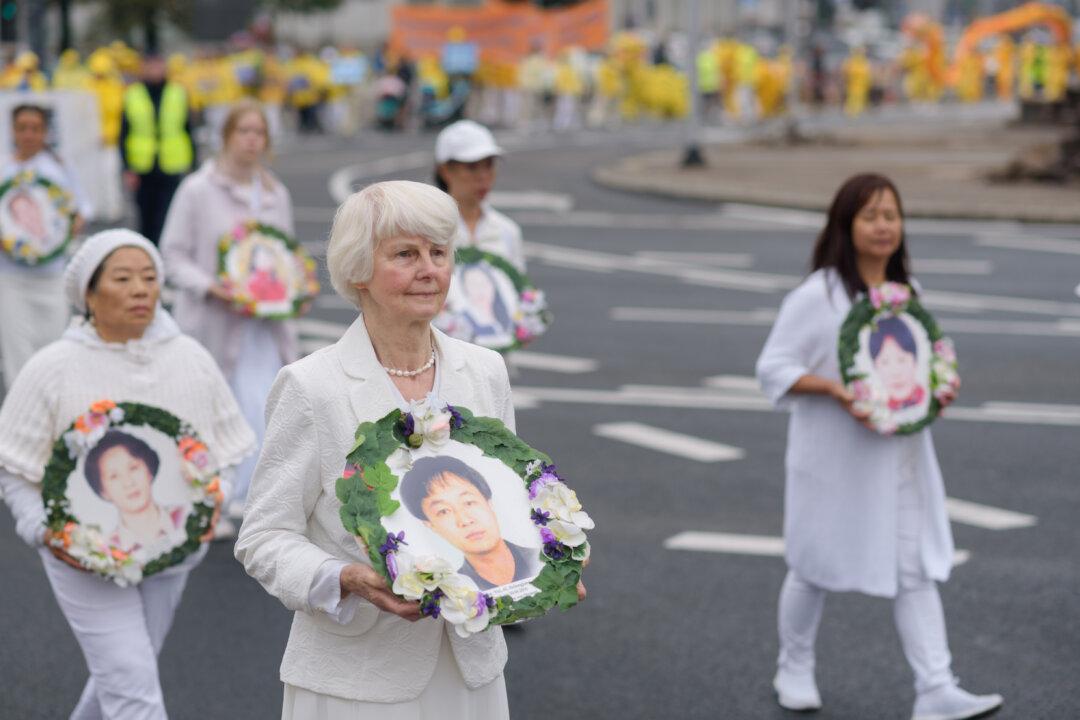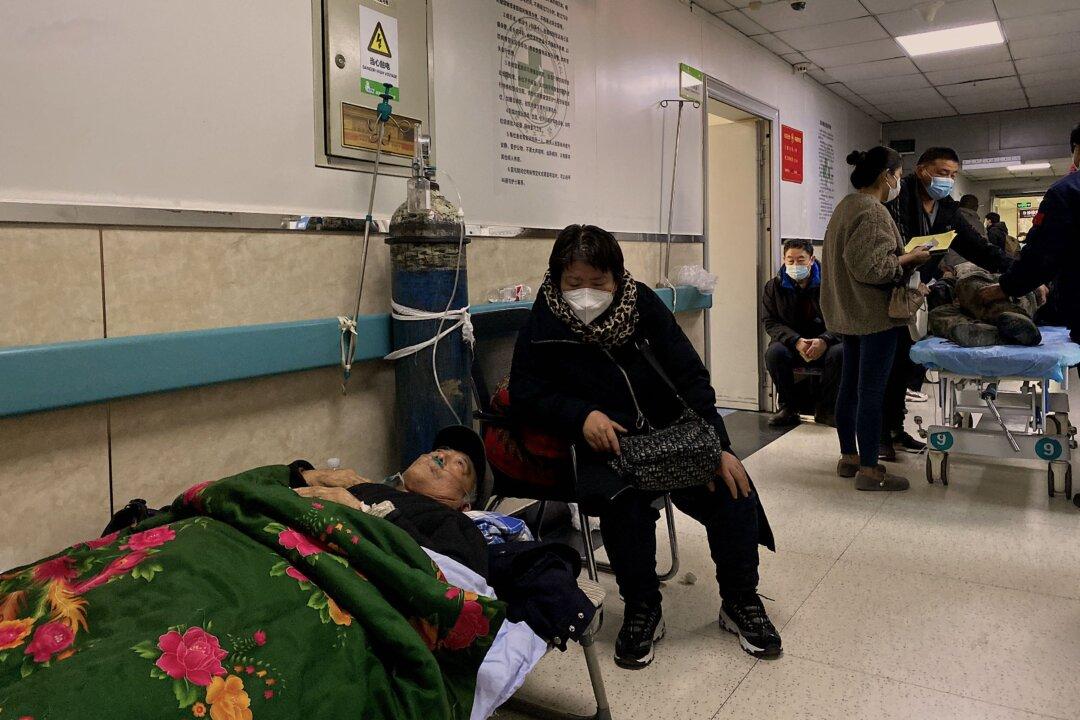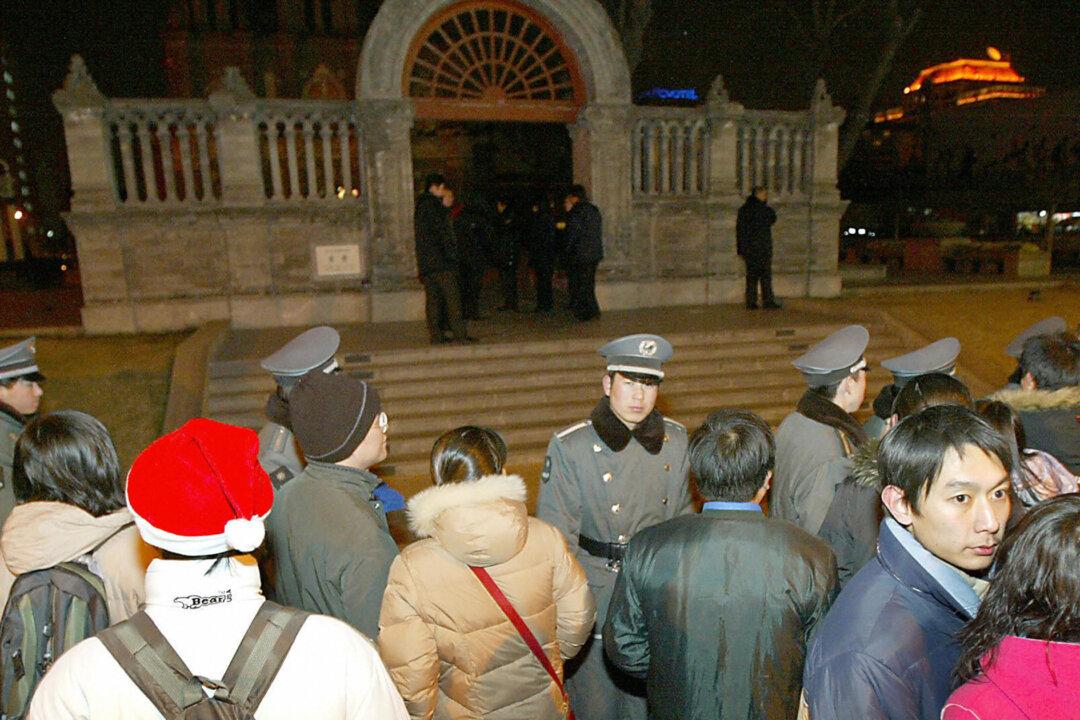A recently released French report provides a comprehensive summary of Chinese telecom conglomerate Huawei’s role in the Chinese Communist Party’s (CCP) decades-long global influence operations in the West.
The 650-page report was published by the French Military School Strategic Research Institute (known by its French acronym IRSEM), an independent agency affiliated with the French Ministry of Armed Forces.




